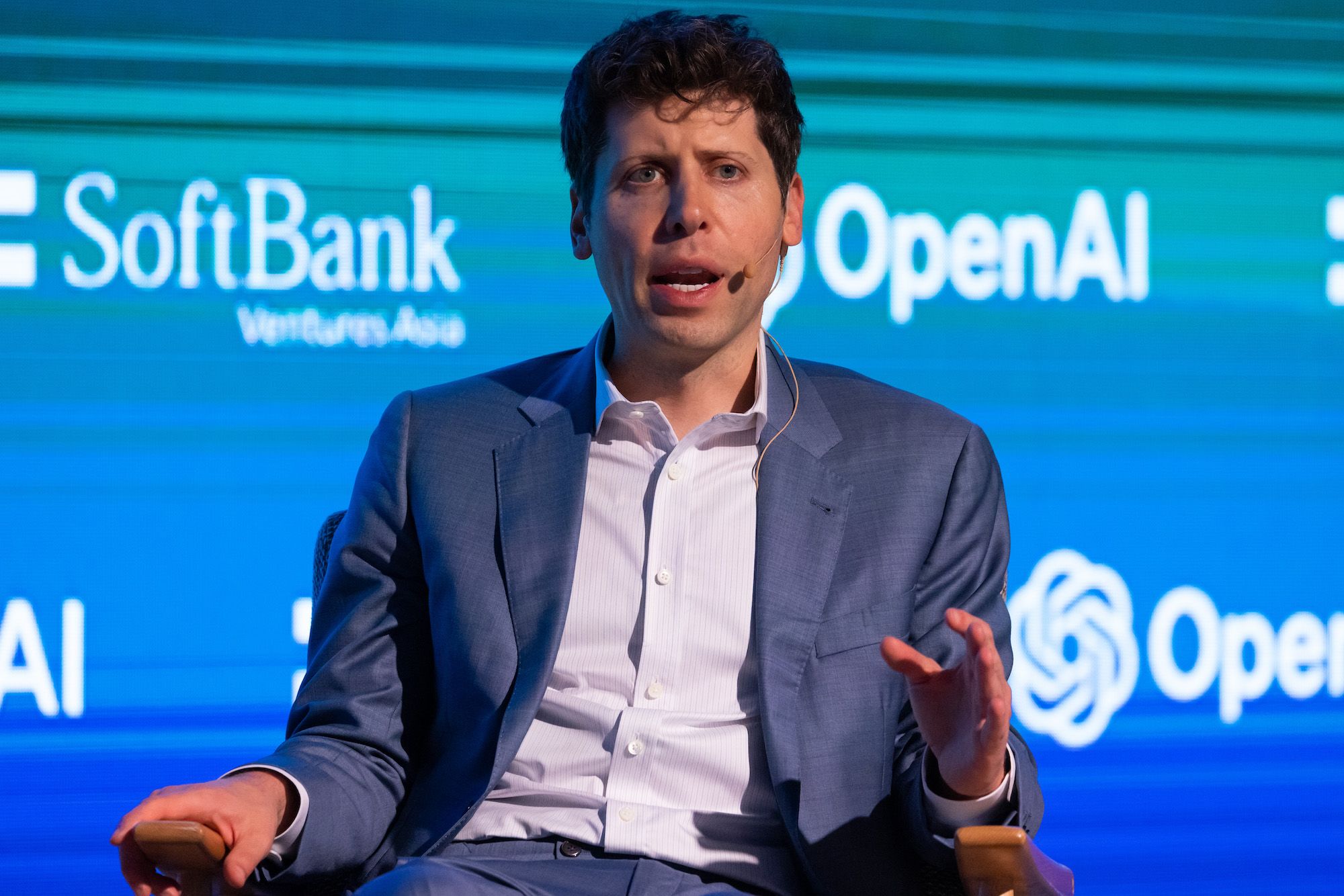
Sam Altman Warns Congress: AI and the Future of Jobs
OpenAI’s Sam Altman warned Congress AI could reshape jobs. Explore the risks, opportunities, and what enterprise leaders must do to prepare responsibly.
Sam Altman Warns Congress: AI and the Future of Jobs
In June 2025, Sam Altman, CEO of OpenAI, testified before the U.S. Congress. His message was blunt: artificial intelligence will reshape employment, displacing some jobs while creating entirely new categories of work. For enterprise executives, Altman’s testimony was not just about public policy—it was a roadmap for the future of the workforce and a call to prepare for disruption.
Why Congress Is Paying Attention
Just as lawmakers once debated the regulation of automobiles, the Internet, and social media, AI has become the next transformative force under scrutiny. Altman urged Congress to establish guardrails to ensure that AI adoption leads to equitable growth rather than inequality and social unrest.
Historical Parallels
Executives can draw lessons from past industrial shifts:
- The Industrial Revolution: Machines displaced manual labor but fueled entirely new industries.
- The Internet Era: Many jobs became obsolete, yet new categories—from e-commerce to digital marketing—created massive value.
- The Automation Age: Robotics and software automation reduced repetitive tasks in manufacturing and services.
AI is now accelerating this pattern across every sector of the economy.
Risks for Enterprises
- Reputational: Companies that adopt AI too aggressively without workforce planning may be labeled as “job killers.”
- Regulatory: Governments may impose compliance requirements such as fairness audits and AI impact assessments.
- Operational: Poorly managed AI rollouts can erode morale and reduce productivity.
- Social: Mismanaging workforce transitions can create lasting cultural damage.
Opportunities in the AI Economy
Altman stressed that AI will not only eliminate tasks—it will also create new opportunities:
- AI trainers and supervisors: Humans overseeing AI behavior, correcting errors, and improving model performance.
- Governance and ethics officers: Specialists who ensure AI is used responsibly.
- Hybrid professionals: Workers who collaborate with AI systems to accelerate productivity.
- New industries: Entirely new markets will emerge from AI-enabled products and services.
For executives, the question is not whether jobs will change, but how to ensure their organizations harness these opportunities instead of being disrupted by them.
DGX Insight: Responsible Adoption
At DGX Enterprise AI, we believe responsible adoption is the cornerstone of sustainable enterprise transformation. Our deployments emphasize:
- Transparency: Employees and customers must understand how AI is being used.
- Augmentation, not replacement: AI should handle repetitive tasks while humans focus on strategy and empathy.
- Governance: Clear frameworks to measure fairness, compliance, and effectiveness.
The Executive Playbook
Executives can use a five-step roadmap to align their organizations with Altman’s warning:
- Communicate openly: Build trust by explaining AI’s role in the organization.
- Reskill and upskill: Invest in training so employees can transition into AI-augmented roles.
- Phase deployments: Roll out AI gradually, starting with pilot projects.
- Build governance frameworks: Establish oversight mechanisms to prevent bias and ensure transparency.
- Stay ahead of regulation: Monitor policy developments and engage with regulators proactively.
Global Perspectives
AI governance is not uniform worldwide:
- European Union: The AI Act emphasizes accountability and safety.
- China: Prioritizes AI competitiveness in global markets.
- Japan: Promotes AI adoption to offset workforce shortages.
- Global South: Seeks AI adoption for leapfrogging economic development.
Enterprises operating across borders must adapt to this patchwork of policies.
Culture and Morale
Altman’s testimony highlighted not just economic but cultural risks. Employees who feel AI is imposed without consideration of their future may disengage. Leaders must foster a culture of inclusion, framing AI as a tool to elevate—not eliminate—the workforce.
Looking Toward 2030
Executives must prepare for three scenarios:
- Responsible Transformation: AI augments human work, reskilling succeeds, and regulation ensures fairness.
- Disruptive Displacement: Rapid job loss without reskilling leads to unrest and heavy-handed regulation.
- Hybrid Future (most likely): AI handles most tasks, humans focus on leadership, strategy, and creativity.
Conclusion
Sam Altman’s testimony was a turning point: AI is not just a technological tool—it is a societal shift. For executives, the mandate is clear: embrace AI responsibly, balance automation with transparency, and empower employees through reskilling. Organizations that act now will capture competitive advantage while those that delay risk falling behind.
Ready to integrate AI agents into your business responsibly? Get Started today.